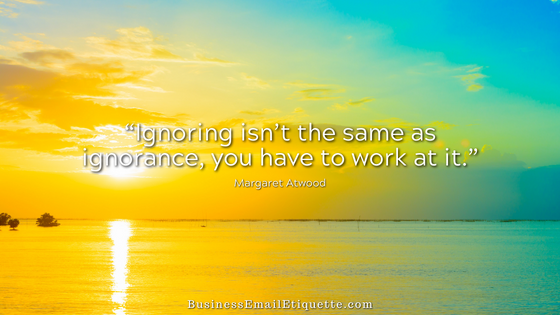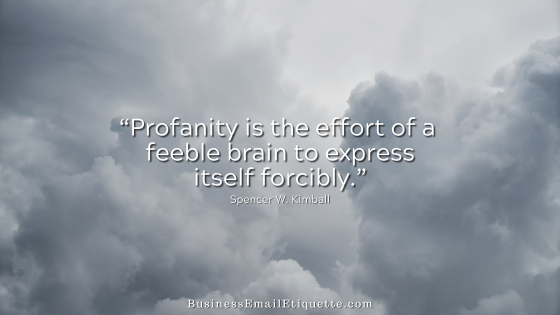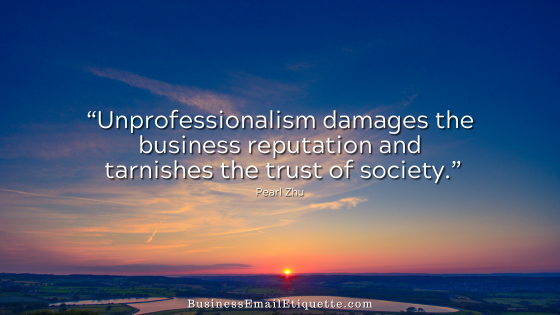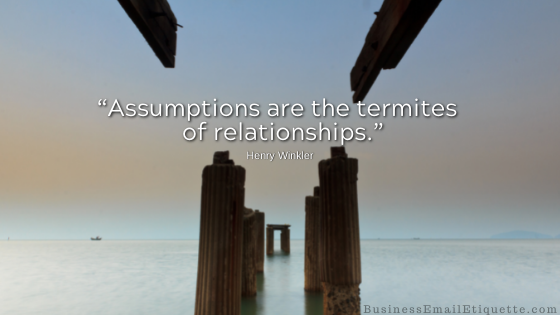Business Email Etiquette Significance in 2025?

Business email will continue to be an essential business communication tool in 2025. However, many business emailers need help distinguishing between their business email communications and those to family and friends.
When I started writing about these topics decades ago, I thought this would be a limited-time engagement. But that turned out not to be the case. Folks new to business are creating startups all the time. I’ve been told the guidance I provide on Business Email Etiquette has been invaluable, so I soldier on.
Let’s first review the difference between business and personal email communication styles. Many newcomers to business email communications assume email is “informal” and overlook the critical difference.
Business vs. Personal Email Styles
Business and personal email differ in tone, purpose, content, format, and security. Understanding these differences and adapting your communication style to each can help you communicate effectively and professionally in both personal and business contexts.
Still Writing About Business Email in 2025?
I received an email this week asking why I was still typing about “old news.” The sender implied that everyone already knew all of this information and felt it unnecessary to dedicate an entire website to the topic.
Well, that’s not what I see in my inbox. Nor is that what is relayed to me by fellow business people who are frustrated with those who just refuse to make the effort to communicate professionally.
Instead, I still see emails from business owners who still do not realize the importance of style, content, and professionalism in their business emails. And I still get asked questions and help direct folks in the right direction daily.
So why am I still writing about the importance of every angle of Business Email Etiquette?
Business Email Importance
Along with the above are nuances and skills that must be developed to use email properly and effectively, specifically for business. So that’s what I’m here to help with.
Hone Your Skills and Thrive
So, it’s clear that business email will be an essential tool for businesses in 2025 and beyond—until AI takes over and we are no longer needed. (I’m just kidding—sorta.)
Email is a critical business tool because it provides a professional, efficient, and convenient way to communicate with customers, partners, and other stakeholders while facilitating record-keeping, marketing, and other business operations.
Knowing the distinction and communicating with that in mind can make a difference in attracting and maintaining mutually beneficial business relationships and partnerships. That’s not going to change for a long while.
Bookmark this site, sign up for new post notices (right sidebar), use the search bar, and read and learn. And if you ever have any questions or need clarification, reach out.

